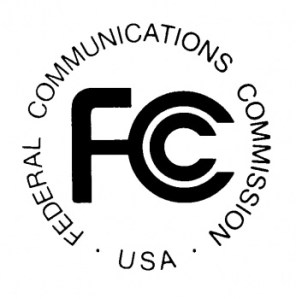
The Federal Communications Commission has announced a new, broad examination of the U.S. wireless industry, looking into whether consumers have access to enough information from providers to make informed choices about mobile plans and services. The commission also plans to look at the industry’s R&D efforts—including collaboration with device manufacturers—as well as assess the state of competition in the wireless industry. The inquiry aims to determine a “factual basis” for disparate claims made by the wireless industry (which claims innovation is everywhere and things are going along swimmingly) and consumer advocates, which complain mobile users are often tricked by deceptive billing practices, locked into arduous contracts, and even victimized by price collusion.
The FCC has approved three separate notices of inquiry; one deals billing practices with what information consumers have access to when making mobile technology and service decision (PDF), while the other two are concerned the current state of competition (PDF) and investment (PDF) in the wireless industry.
The notices of inquiry were approved by all five members of the FCC, although the commission’s two Republican members recommended to avoid heavy-handed or over-reaching regulation that could stifle the industry.
The mobile industry and any other interested parties have 30 days to offer their perspectives to the FCC; based on those responses, the FCC will determine whether it needs to consider any new rules or regulation for the industry.
Consumer advocates have long complained the mobile carriers have been running roughshod over consumers, reaping profits from difficult-to-understand service contracts and roaming agreements, and making it difficult to impossible to consumers to make informed decisions about service providers and even mobile devices. Consumer groups also decry the cost of mobile services, especially mobile broadband, and the industry’s resistance to innovative services like VoIP which threaten to undercut its revenue streams. For its part, the wireless industry group CTIA welcomed the inquiry, saying “we are excited to tell the industry’s story.”
Editors' Recommendations
- Illegal robocall operation handed largest-ever fine by FCC
- FCC proposal aims to block ringless spam voicemails
- FCC approves ‘988’ for texting the National Suicide Prevention Lifeline
- FCC: Some wireless carriers may have violated federal law on phone location data
- The FCC has officially approved the merger between T-Mobile and Sprint


